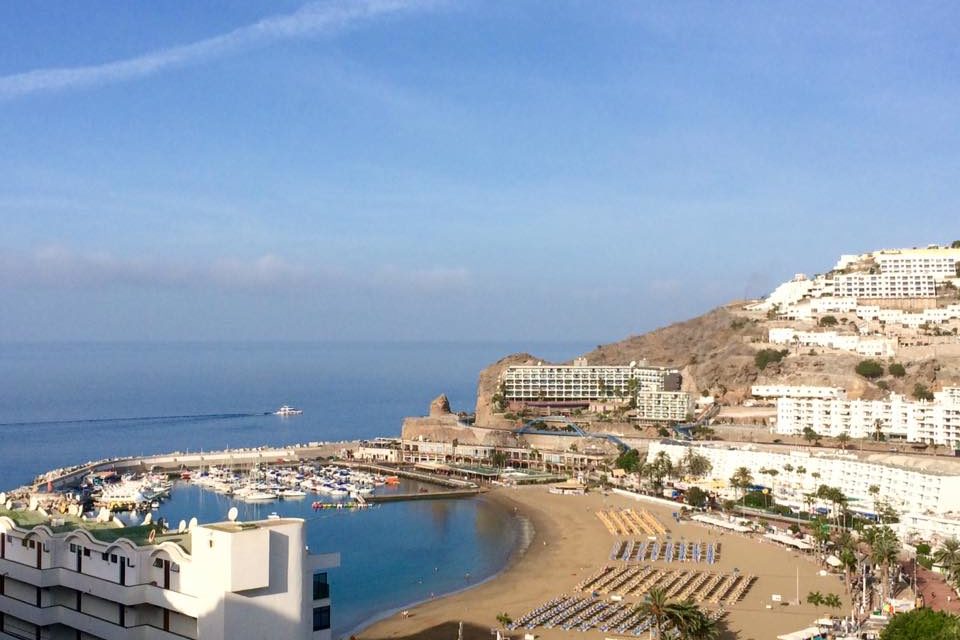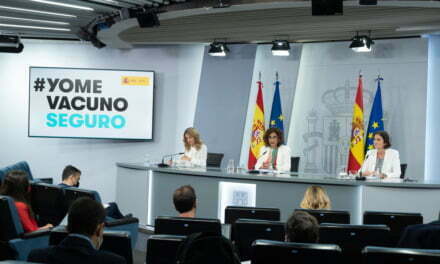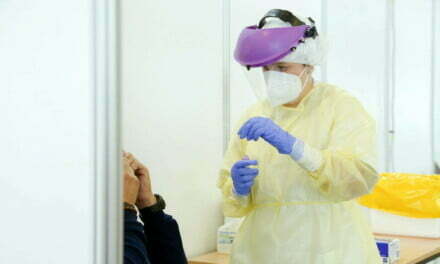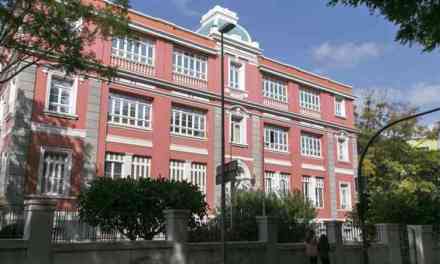Regional Tourism Minister for The Canary Islands, Yaiza Castilla, has given more detail on that the new decree law obliging all visitors to certify that they have tested negative for COVID19, saying that the rules will be open enough so that certificates issued by health organizations or clinics from all the countries of tourist origin will be accepted and so that, if technological progress provides new rapid diagnostic routes, it is not necessary to reform the articles of the new covid test certification legislation.
At this time, Castilla said, the Canary Islands are clearly focused on antigen tests, capable of detecting covid infection with very high reliability, in minutes and at very low cost (€20-30 each, compared to the more than €100 that it costs to administer a PCR test).
 The Minister has also specified that the tests will be paid for by the traveler, whether they undergo the test in their own country, or if they arrive at the reception of their hotel without it and from there are referred to a health centre, clinic or laboratory in the Canary Islands for them to do it at destination.
The Minister has also specified that the tests will be paid for by the traveler, whether they undergo the test in their own country, or if they arrive at the reception of their hotel without it and from there are referred to a health centre, clinic or laboratory in the Canary Islands for them to do it at destination.
Regional President Ángel Victor Torres explained that his government would have liked this type of covid test certification to already be carried out at airports, but he pointed out that his proposals in this regard have been repeatedly rejected. So, without powers over these facilities, the Canary Islands is opting for another route, because they believe that “no more time can be lost.”
The decree law will also suggest that tourists download the Radar Covid mobile application, Spain’s official anonymous alert system, to facilitate the tracking of contacts should a positive be detected, and will also leave open the regulation of tests on return, should any country require quarantines for those who return from the Canary Islands.
The decree law will be officially presented on Tuesday and sources anticipate that a new “right of admission” law could be passed within 15 days.
The Canary Islands Government say they hope to have found the “legal engineering” needed to make the region the first autonomous community in Spain to establish this type of covid test certification control.
For months The Canary Islands have shown concern that efforts to implement tests at source or on arrival had been fraught with legal difficulties and rejected “time and time again by different national and European bodies.”
Tourism Minister Yaiza Castilla said the Canary government has now recognised it cannot directly impose a test on travellers from the rest of Spain or from another country, but they can exercise their right of admission to regulated accommodation, which will ask clients for either a PCR or negative antigen test done between 48 and 72 hours before arrival.
The Canaries have the lowest instance of coronavirus in all Spain, and are also the only region to have avoided the nationwide curfews between 11pm and 6am imposed in Spain’s newly declared State of Emergency.
Until the new law comes into force, tourists arriving in the Canaries will need to pre-fill health questionnaires, obtain a tracking code and may have their temperature taken on arrival at airports.











